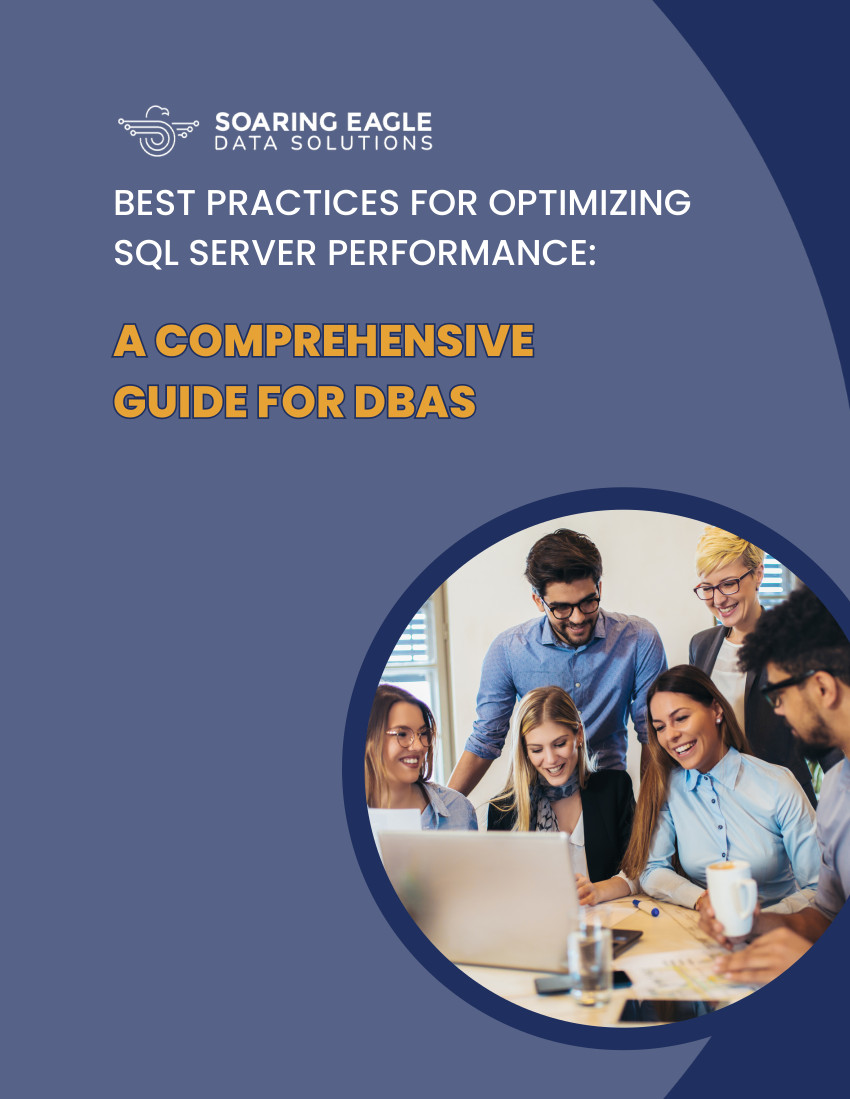
Small businesses used to be safer from ransomware attacks, and other cyber attacks. They move less data and have fewer customers, making them lower priority on the cyber attack scale. Unfortunately, over the last several years, small businesses have come under increasing attack from ransomware and other key cybersecurity problems. As a small business owner, your business is more vulnerable than ever: By the end of 2017, a new business was attacked every 40 seconds. Why are small businesses prime targets for ransomware?
Small Businesses Lack the Protections of Big Business
Big businesses know that their information is a high-priority target, so they’ve taken big steps in order to protect it. It’s not just about ensuring that they’re compliant with the minimum standards of their industry, whether they’re dealing with healthcare information or handling customer financial data. It’s about going beyond that to embrace security solutions that will help genuinely protect their business. For small business owners, unfortunately, the cost of that level of security is more prohibitive. Savvy hackers are discovering that this makes small businesses easier to target with ransomware attacks than their larger counterparts.
Small Businesses are Easier to Cripple
Most big businesses have plenty of redundancy systems in place. They have backups – and backups of the backups – to ensure that they’re able to recover their data if something happens. Unfortunately, the expense of those backups and the manpower needed to handle those daily responsibilities often means many small businesses put those simple tasks off as things that they need to take care of “someday.”
As a result, 22% of the small businesses that were victims of ransomware attacks found themselves having to shut down their operations immediately while dealing with the attack. As a result, many small business owners will be more likely to pay the ransom in order to get their data and their systems back – even knowing that it’s something they shouldn’t do.
Small Business Employees Have Less Training
Is cybersecurity training a critical part of your employees’ daily jobs? If not, you may be opening your company up to a higher potential for cyber attack, including ransomware. Human element remains one of the biggest vulnerabilities for many businesses. For small businesses, training in these important areas is less likely to be a priority. As a result, many employees may not know how to avoid opening a door that can expose them to vulnerabilities.
Small Businesses Open More Doors
Small businesses are more likely to have a single network that controls access to every system throughout the building. Some small businesses even allow access from private devices, which can significantly compromise the security of the system as a whole. By separating those networks, big businesses can better isolate critical parts of the network, making it less likely that ransomware will spread.
Small Businesses Update Less
Big businesses typically have processes in place to ensure that software is updated on a regular basis. Those updates aren’t just important when it comes to having the latest features for your programs. It’s also the only way to acquire the latest bug fixes and other critical information from the servers.
As a small business owner, you want to make sure that your business has the best possible protections. If you’re struggling to protect your business from ransomware and other cybersecurity hazards, a free database analysis is a good move.
Contact Soaring Eagle Consulting for Consultation
Fill out a form or give us a call and we will do a free 30-minute database evaluation to identify the root causes of your issues and decide the best way to resolve your problems.
If you see value in the review exercise, start planning to do the cleanup. If possible, schedule it during a slow business season.
There are software and service providers who will do this investigation for you if you don’t have the staff to manage it. You may want to contract out the service.
Contact us today to help clean up your data.


